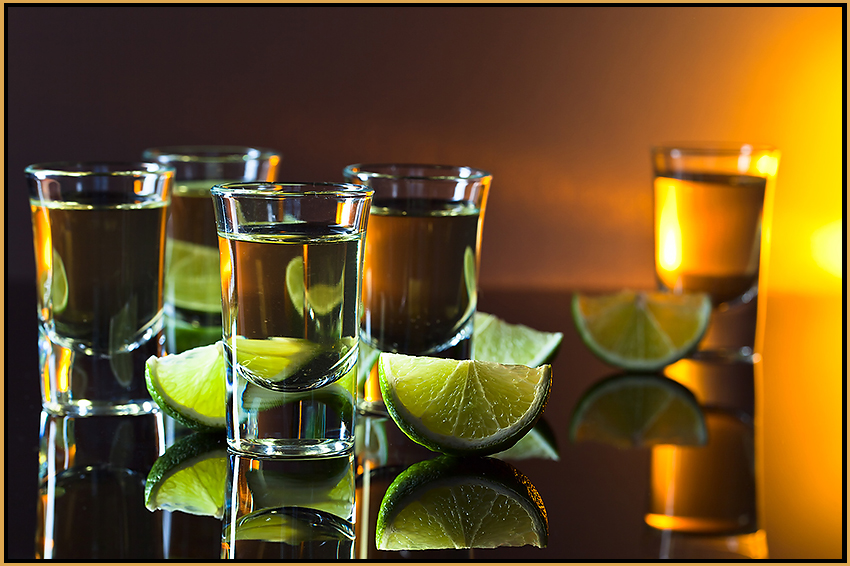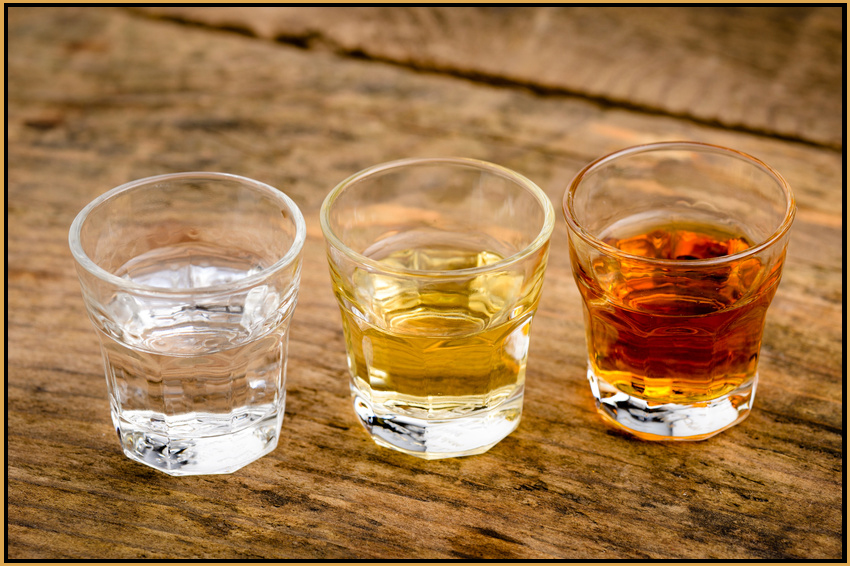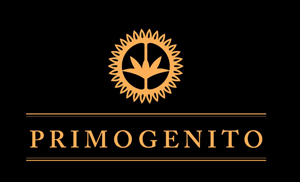Tequila is a special kind of Mezcal.
Tequila is the most famous mezcal and is obtained from the hearts of blue agave in the vicinity of the town of Tequila in the Mexican state of Jalisco.

The Consejo Regulador del Tequila AC distinguished two categories for Tequila, this are:
Tequila, at least 51 percent of the sugar of the alcohol production comes from the agave (Blue Agave), the rest of the sugar may be of others origin, the cane sugar is the most common used. The Tequila can be shipped in bottles and tanks. If shipped in tanks the alcohol content is usually 55 percent. This percent is latter reduce just with tap water when the bottle is fill.
100% agave can only be shipped in bottles. The barrels may only be opened under the supervision of the Consejo Regulador del Tequila, particularly the mature tequilas, Reposado and Anejo. It is common to fill the bottles direct after the barrel is opened.
Tequila is classified based on its maturation into five groups. For the export English designations are used:
- Silver / White Tequila.- Commercial alcoholic content must be, in its case, adjusted with dilution water.
- Young or Gold Tequila.- Susceptible to be aged. Its commercial alcoholic content should be, in its case, adjusted with dilution water. Blending white Tequila with aged and/or extra aged and /or ultra/ aged tequilas, it is considered as young Tequila or gold Tequila.Process to soften Tequila flavor is called “Abocado”, adding one or more of the following ingredients: caramel color, oak natural extract, and glycerin and sugar syrup.
- Aged Tequila.- Product susceptible to be softened subjected to an aging process of two months at least within oak or white oak barrels or casks. Its commercial alcoholic content must be, in its case, adjusted with dilution water.Tequila aging is understood as the product slow processing that allowing acquiring additional sensory characteristics, gotten by physicochemical processes that naturally occur during their stay in French oak or white oak barrels.Rested Tequila must be aged in French oak or white oak barrels for at least two months.Blending rested Tequila with extra aged or ultra aged Tequila, it is considered Aged Tequila.
- Extra Aged Tequila.- Product susceptible to be softener subjected to an aging process of one year at least in 600 liters capacity French oaks or White oaks barrel. Its commercial alcoholic content must be, in its case, adjusted with dilution water. Mixing aged Tequila with ultra aged Tequila is considered Extra Aged Tequila.Extra aged Tequila may be rested in French oak or White oak barrels for one year at least. The barrels cannot be more than 600 liters.Blending extra aged with ultra aged Tequila is considered as Extra Aged Tequila.
- Ultra Aged Tequila Product susceptible to be softened, subjected to an aging process of no more than three years. Aging time is not specified in label. Matured in direct contact with French oak or White oak casks of no more than 600 liters capacity. Its commercial alcoholic content must be, in its case, adjusted with dilution water.

The origin of the agave for tequila production is distinguished according to their growing areas in Highlands and the Lowlands.
The agave cultivation, fermentation and distillation have a major impact on the quality of the resulting tequila. The final taste is also strongly influenced by the maturation.

